With the opening of its new branch location in Jakarta, Indonesia this month, Georgetown University has expanded its footprint to its third country.
In Jakarta, Georgetown School of Foreign Service (SFS) graduate students can now participate in new Asia Pacific policy labs, while leaders based in Asia can enroll in a new executive master’s degree program — no doubt enhancing Hoyas’ educational experiences and opening new professional pathways.
In comparison to the spacious Georgetown facilities in Indonesia — to say nothing of the new Capitol Campus in downtown Washington, D.C. — the first of Georgetown’s four locations seems to have lost its luster.
While Georgetown’s ambitious expansion will provide new opportunities for students, the Editorial Board is concerned that the flurry of newly-constructed buildings and newly-established degree programs in far-off cities detracts from the university administration’s focus on its largest and oldest campus — the only Georgetown campus actually in Georgetown.
Georgetown clearly does not lack for funding, as the new campus and the recent announcement of a tuition increase outstripping inflation demonstrate. Before spending money 10,000 miles away from Washington, the Editorial Board urges the administration to consistently commit to addressing student issues and follow through on proposed funding initiatives on the Hilltop Campus.
Here in The Hoya’s pages are reports of student protests over Georgetown’s political ties, recurring facilities issues — including major, repeated flooding in first-year dormitory Harbin Hall — ongoing labor issues surrounding student resident assistants (RAs) and a data leak which threatened students’ and graduates’ data. Lauinger Library even caught fire Jan. 29.
In response, Georgetown promises it will work to address student concerns before inconsistently acting on these issues.
A university spokesperson said Georgetown has and will continue to focus on the main campus’ needs.
“Georgetown regularly invests in improvements to strengthen the University’s educational and research mission and enhance campus life,” the spokesperson wrote to The Hoya. “We value input from students, and will continue to work with students to provide appropriate venues for discussion and outreach, including engaging the Provost’s Student Advisory Committee, which is made up of leaders from undergraduate and graduate student organizations as well as at-large student representatives.”
However, Mira Banker (CAS ’27) said that the university needs to focus its energy on improving its facilities.
“With tuition increases, required on-campus housing and mandatory meal plans, we pay Georgetown so much money for low-quality facilities,” Banker told The Hoya. “Though the Indonesia program and other new initiatives are exciting, Georgetown shouldn’t be expanding before they can effectively run their first campus.”
Sam Lovell (CAS ’25), the interim chairperson of the Georgetown Resident Assistant Coalition (GRAC), the organization representing RAs as they negotiate with the university, said the university needs to focus on making the Hilltop Campus more financially accessible.
“Make no mistake: expansion projects like those in Jakarta serve an important function in making our campus one that is truly global,” Lovell wrote to The Hoya. “Yet when working- and middle-class students struggle to afford a Georgetown education at home — not to mention the 50% of students ineligible to receive financial aid — one must ask: Do such missions truly align with our history, our Jesuit character and our imperative to reduce barriers in higher education?”
Academically speaking, too, Georgetown has failed to fund programs centered on the Hilltop Campus. Even as departments in the arts struggle for funding, students are preparing to move downtown, though not as many as predicted, for high-profile undergraduate programs hosted at the Capitol Campus.
Indeed, even some ambitious initiatives at the Hilltop Campus have not succeeded. In 2018, for one example, in advance of the SFS’s centennial, the school promised “ambitious investments in faculty and curriculum, learning experiences, global reach and physical space” through a campaign aimed to “redefine foreign service.” Other than establishing Centennial Labs — classes that allow students to study in other countries — it is unclear which, if any, of these areas have seen university investment.
This does not mean all Georgetown initiatives here on the Hilltop fail. For example, the university has redeveloped the former Henle Village site to serve as upper class student housing to open this fall while beginning renovations to Lauinger Library. The Editorial Board commends these actions.
Yet to truly serve its students, particularly its students here in D.C., Georgetown must fund such initiatives more consistently. The university must be proactive and efficient in pursuing its goals, prioritizing real and tangible progress above all and addressing student concerns in an ongoing manner. Before developing an SFS campus in Jakarta, Georgetown administrators should turn their attention back to the corner of 37th St. and O St.
The Hoya’s Editorial Board is composed of six students and is chaired by the opinion editors. Editorials reflect only the beliefs of a majority of the board and are not representative of The Hoya or any individual member of the board.



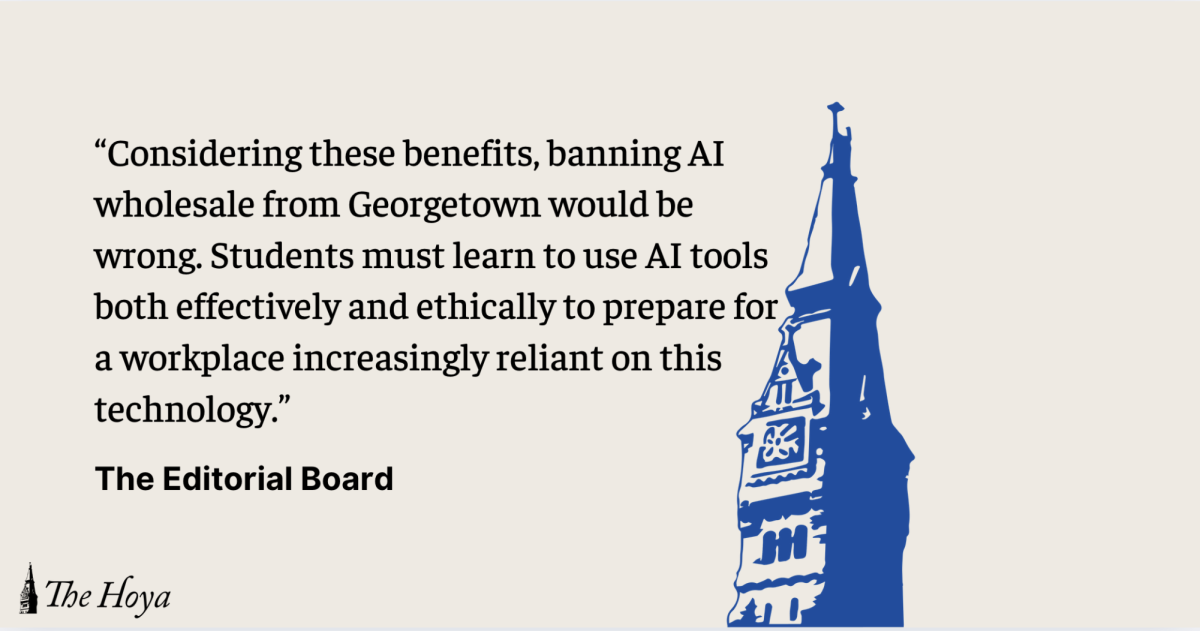
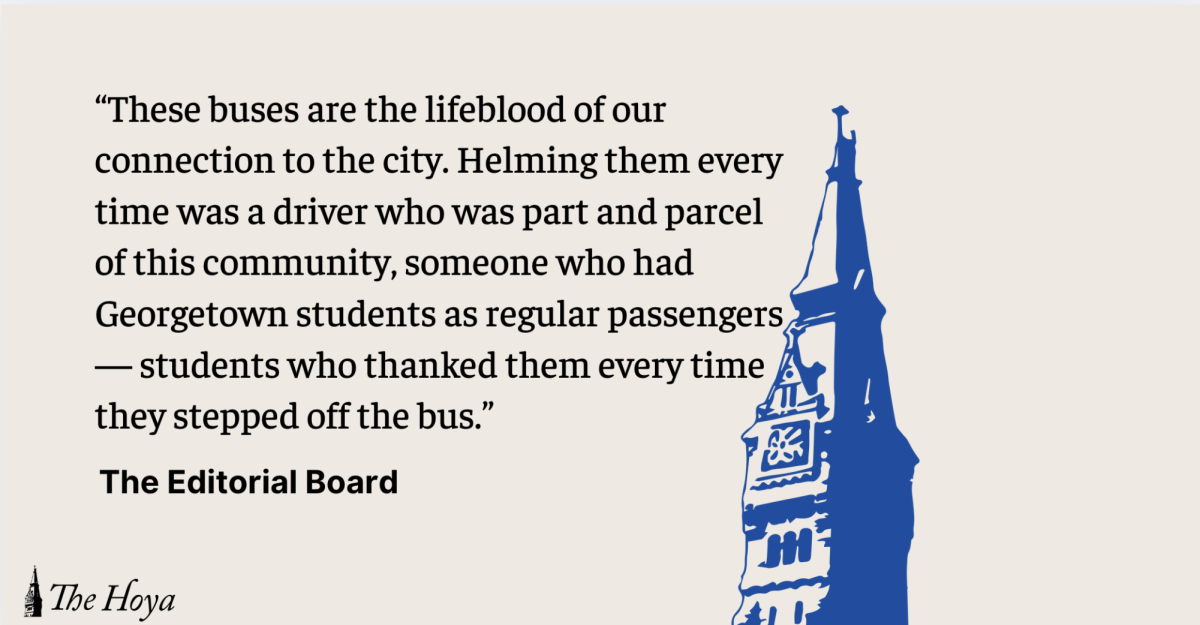
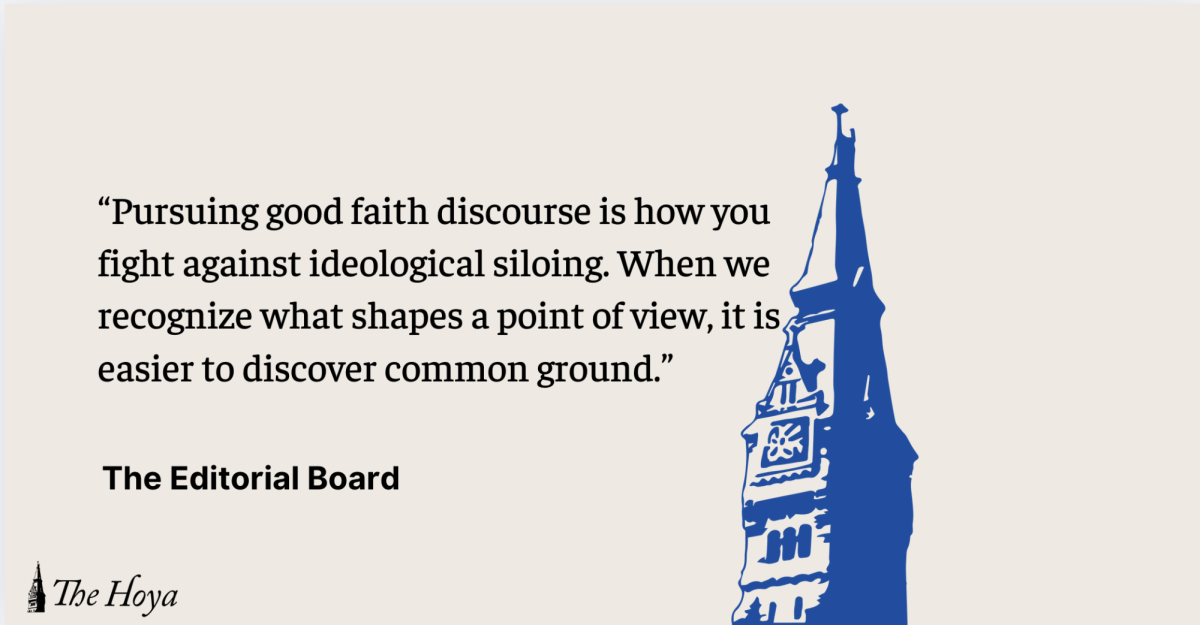
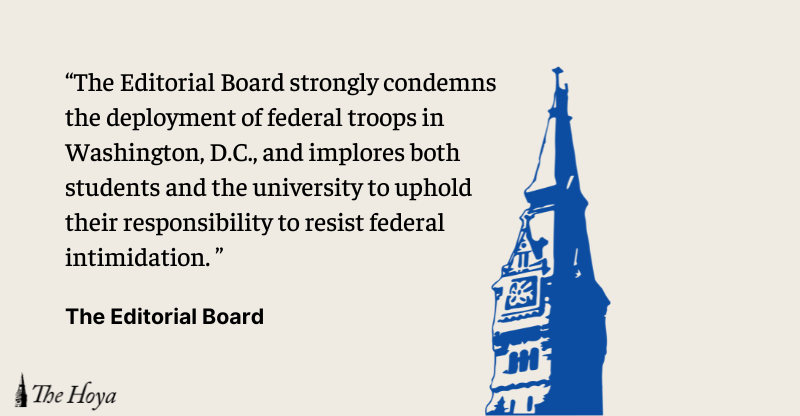


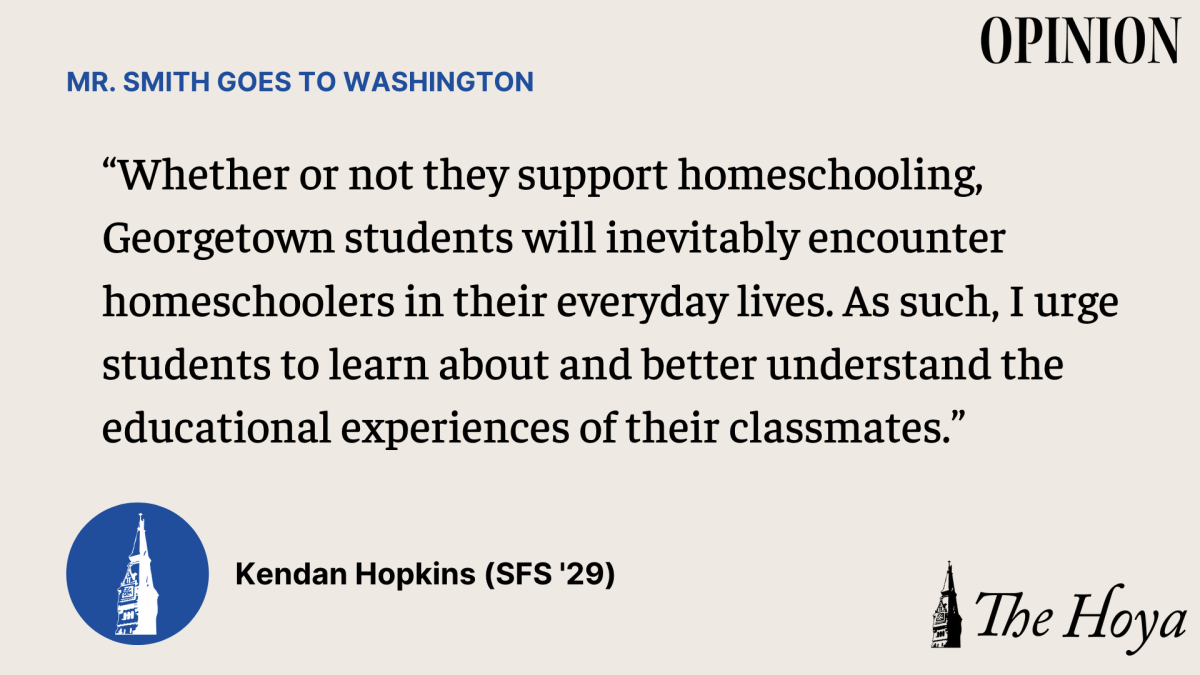


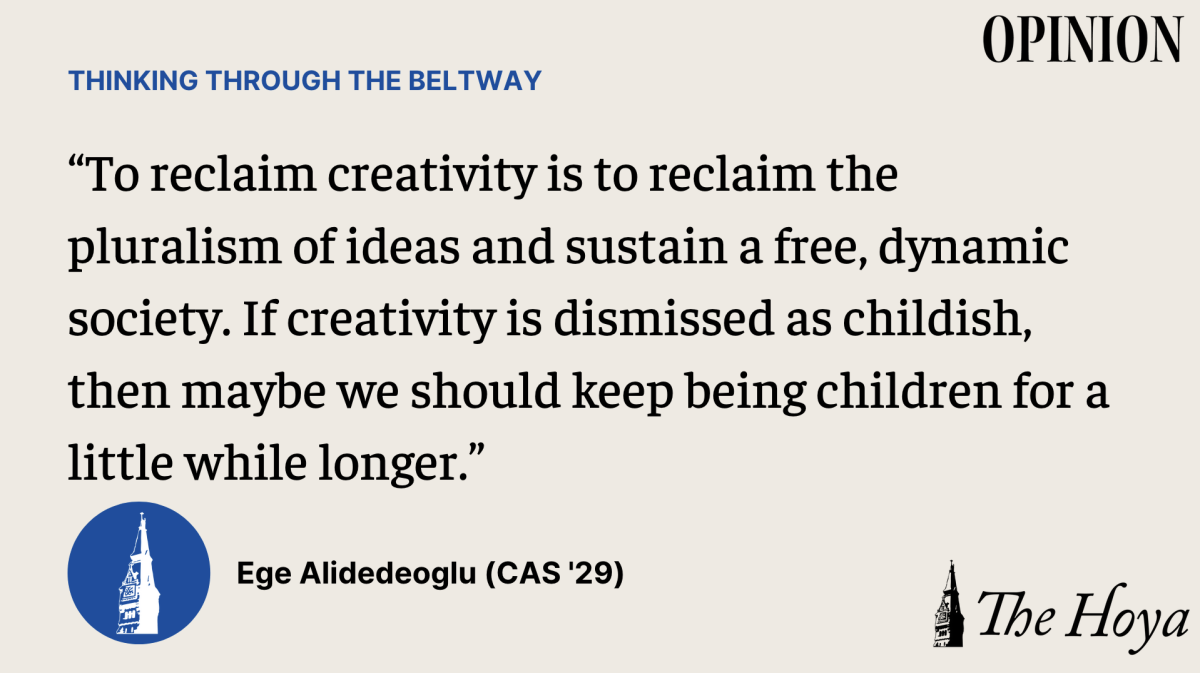
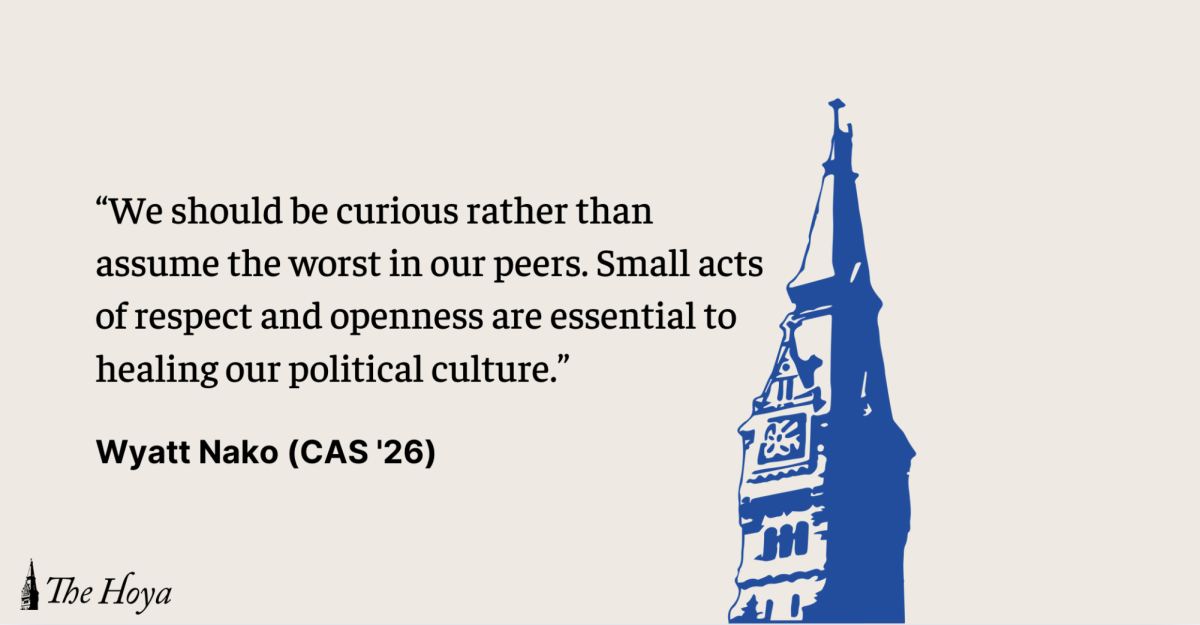
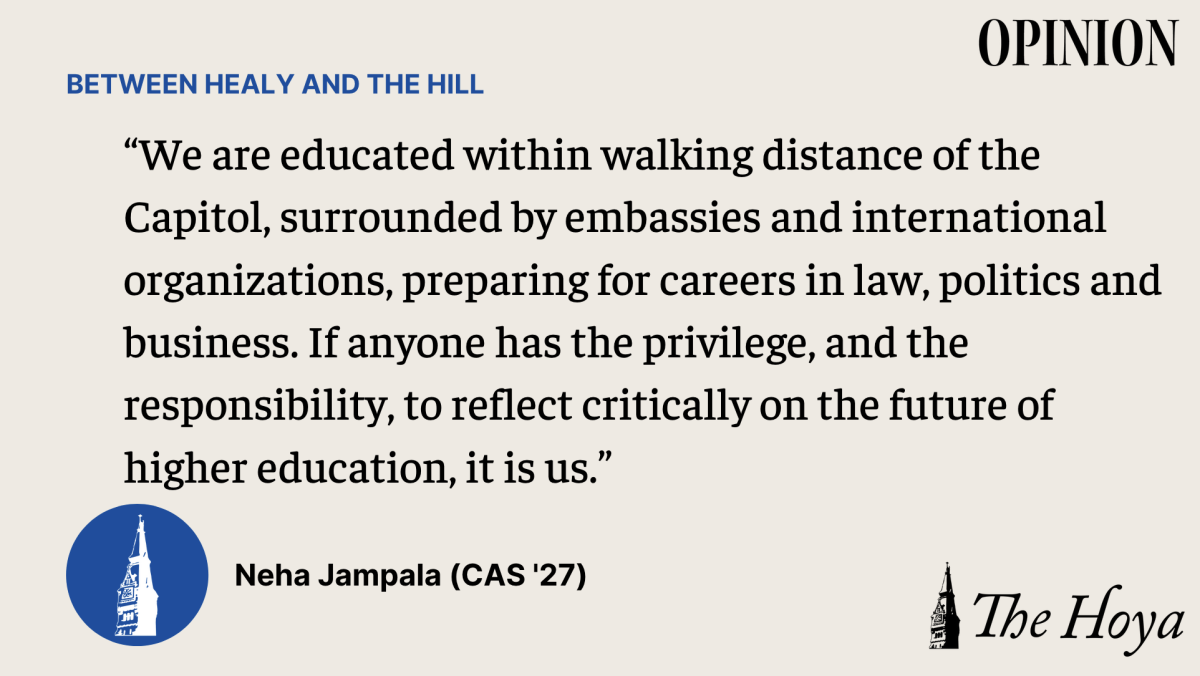
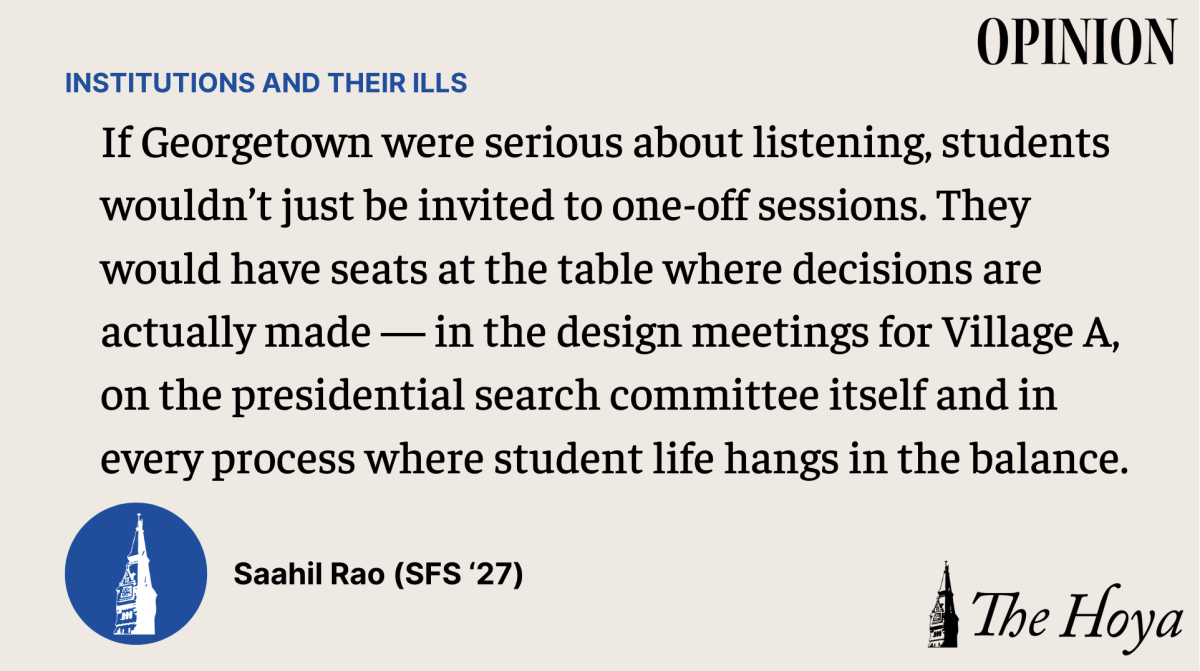
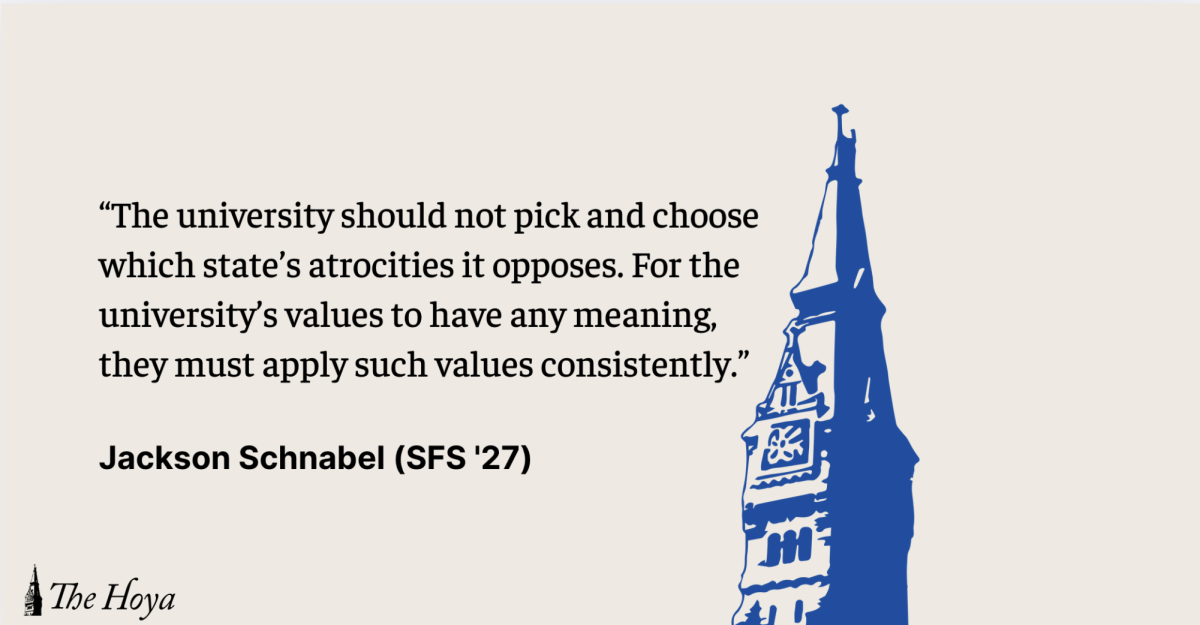
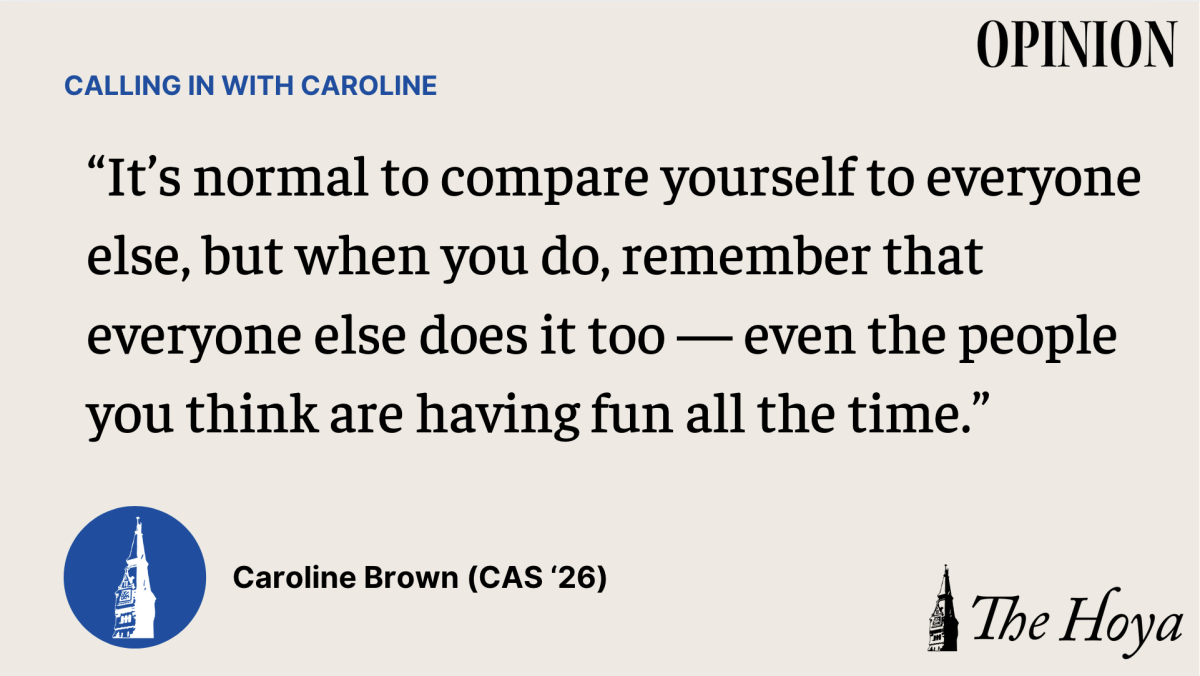
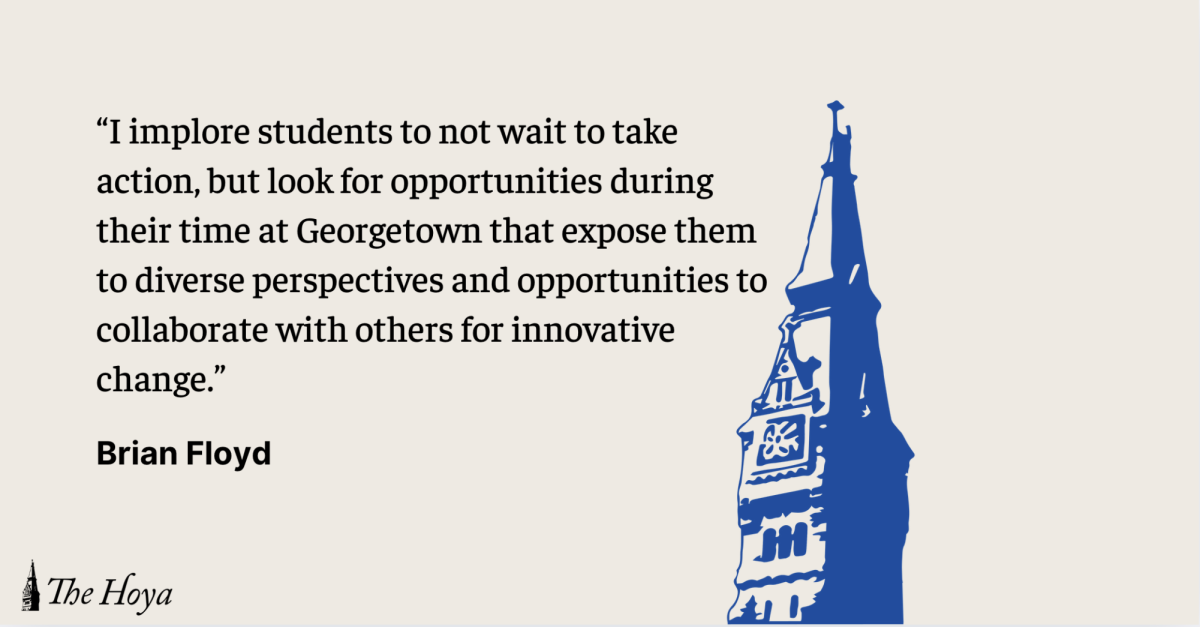
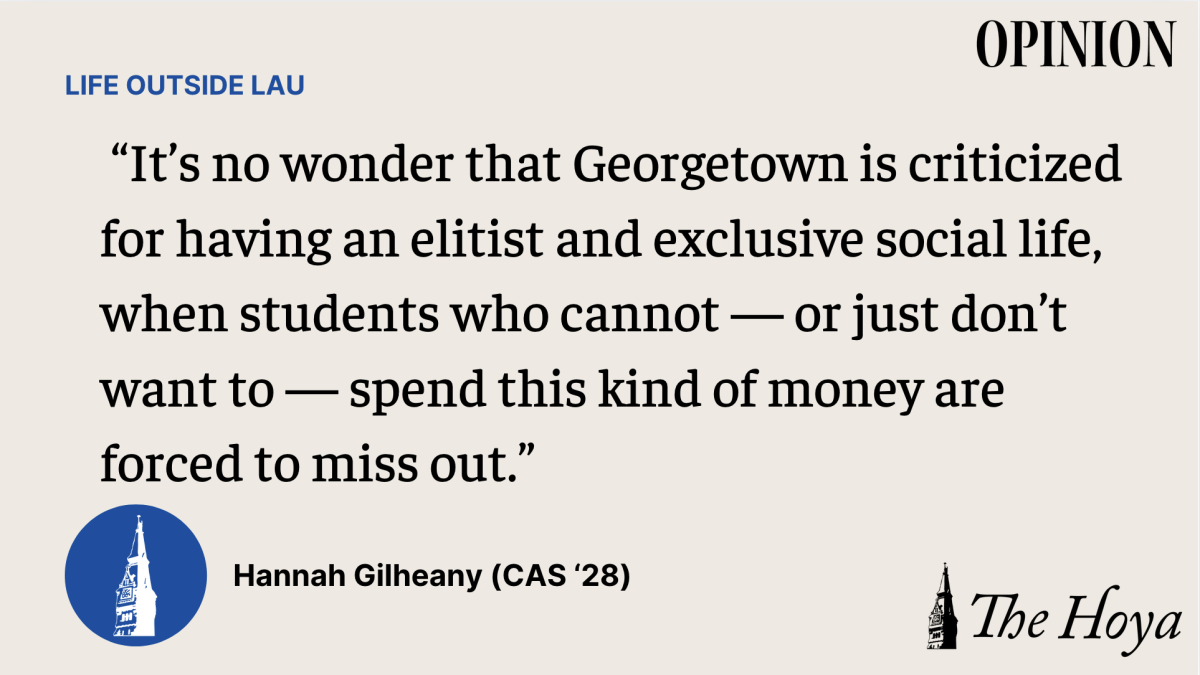
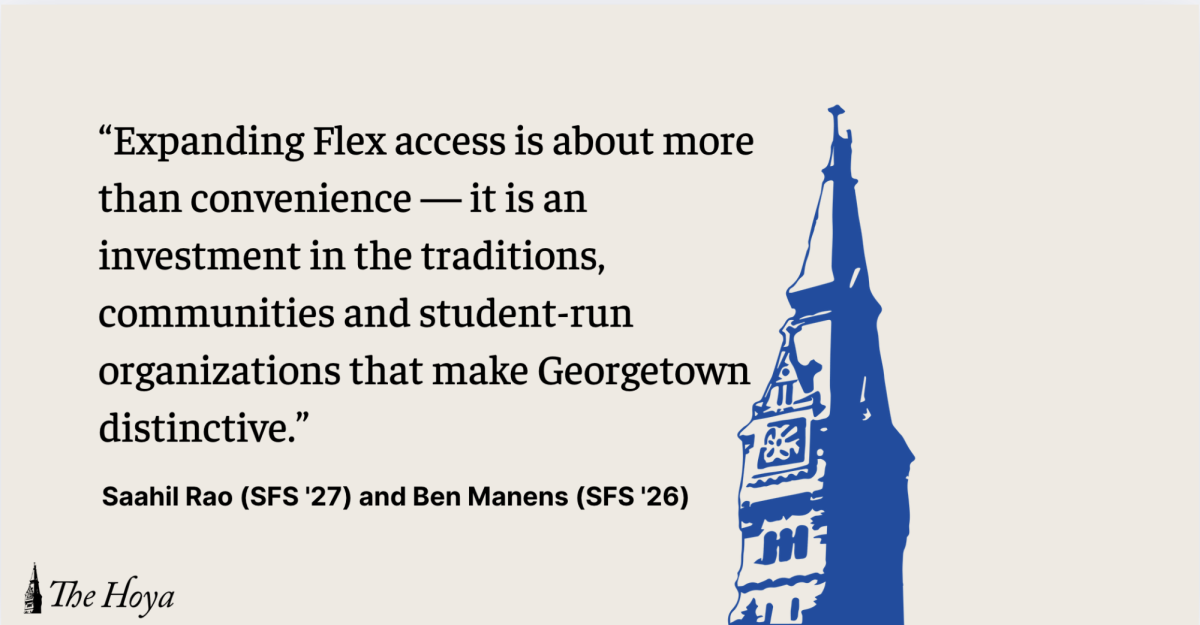
Anon • Jun 10, 2025 at 1:34 am
I definitely understand your concerns, especially since I am also a student living and attending classes on Main Campus. However, I find it quite unfair that you are tearing down a program that is meant to develop Georgetown’s emphasis on foreign service and overall helping Georgetown as a university grow. The reason I find the comparison unfair is because you are framing this issue as Jakarta Campus gaining at the cost of Main Campus losing but in reality, the Jakarta Campus was entirely funded by alumni donations that were specifically gifted for the development of this new campus—it did not take anything away from Main Campus or the tuition increases. In fact, this Campus has already received revenue from its programs which is going back in part to Main Campus; so actually, the Jakarta Campus is not only strengthening Georgetown’s roots in foreign services but also through its profits will be helping to address some of the monetary concerns listed in this article.